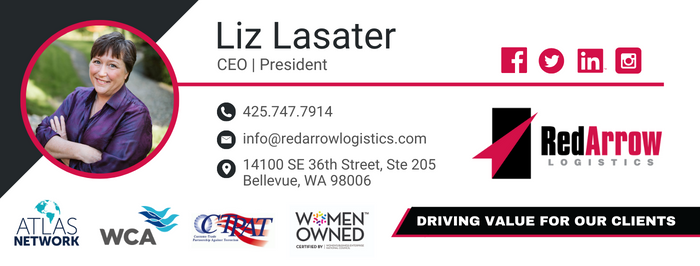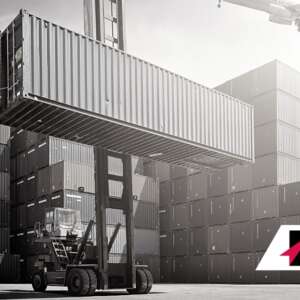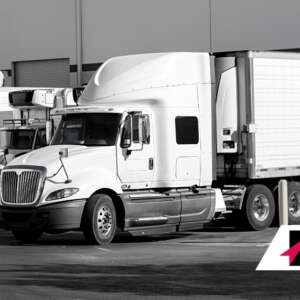The truckload market in the U.S. can best be described as fragmented, massive, and constantly changing. With low barriers to entry, this is an industry with many companies. While the industry generates over $875 billion in annual gross revenue, truckload rates, and carrier capacity are rarely aligned, which can make it difficult to navigate.
The Challenges
The market has been through a period of instability due to issues such as capacity constraints, supply chain disruptions, the ongoing truck driver shortage, and a lack of parts like semiconductor chips to grow fleets, to name a few. The last two years were particularly challenging, although the truckload market has always been a dynamic one with constant changes.
The U.S. truckload market can be challenging to understand because of the constant volatility caused by the changing supply and demand. Currently, rates are decreasing, and costs are rising. Contract rates will decrease just as spot market rates have. It can be hard to find a balance, however, often times there is a pattern or cycle as long as the structure of the market is the same. Data can be utilized to better predict where the market is, and where it is going.
Cost Accounting Leads to Stability
Before carriers can address their data, they need to decide what data should be collected and how it will be stored. There is a lot of information to be captured that can produce key business insights that improve operations and generate cost savings.
In an unstable market, it can be hard to make the correct decisions for a truckload if there is not an understanding of how profitable each customer is as well as the business overall. Cost accounting is one way for carriers to make more informed decisions, no matter which way the market is going. Freight costing tools provide data and visibility that can help carriers operate in positive margins. These tools take into extra costs like tank washes, road tolls, and accessorial services so a true cost can be evaluated. By reviewing all of the data, carriers can better understand the cost of a load to improve their margins.
Cost accounting in an environment where rates are falling can allocate costs, uncover operational issues, and leads to better pricing decisions. This affects the overall profitability of the carrier and can help to mitigate certain financial risks.
Historical Data is Limiting
Carriers that only rely on historical data might find that their decisions are not inclusive. Additional data allows a carrier to assign costs to loads that have been moved as well as to the customers for each load. Just because a customer brings in a lot of business does not necessarily mean it is profitable. Data and visibility for all loads carried for a customer will result in an accurate measure of the customer’s profitability.
Dispatch data results in more accurate results because it shows a driver’s activity in chronological order as well as where loadings and unloadings happened and any other stops that took place along the route. Dispatch data has become more reliable over the years and software integrates the data to be able to determine a true cost per load, lane, and customer.
As technology advances, so does the amount of information that is produced so data management becomes even more important. How a carrier stores, uses and analyzes data can determine whether that carrier is successful or not, particularly as compared to other carriers.
The Value of Data
For trucking companies, the key is to use the data in a way that brings value. Information that is determined as to when to maintain a vehicle, for example, can avoid unplanned service later and improve operations while lowering overall maintenance costs. Trucking companies can use data to improve relationships between suppliers, warehouses, distribution centers, and the end customer.
Your Trusted Partner
In a world that is becoming more modernized, there is a need for carriers to drive insights from data. An effective data strategy will position your business for success, and help you gain a competitive advantage. Red Arrow Logistics can help you create and implement a plan to utilize data and improve your overall operation and profitability.
Red Arrow offers the scale and scope of services including air, ocean, and ground transportation to meet the budget and schedule requirements of the largest and smallest companies alike. If we can be of assistance, please email us at info@redarrowlogistics.com or give us a call at 425-747-7914.





